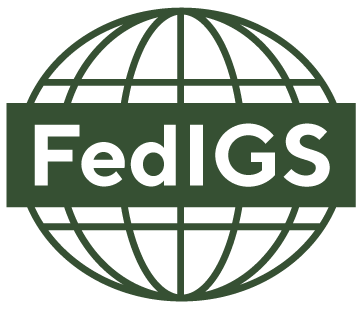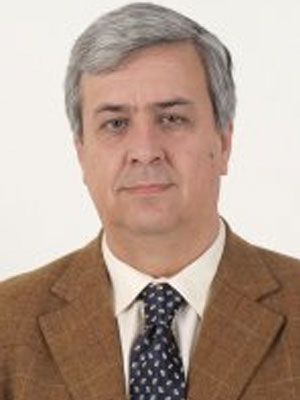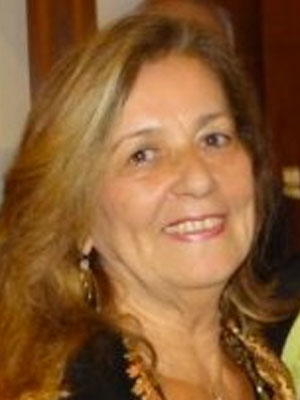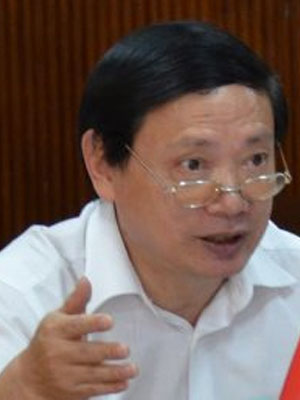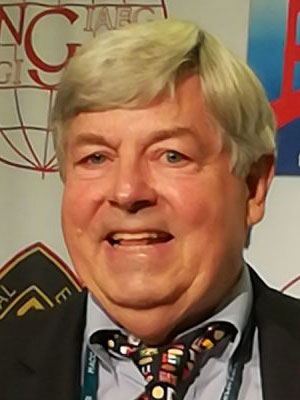Scott is a Professor Emeritus of Geology and Past-Chair of the Dept. of Geology at Portland State University where he just finished his 29th year of teaching. He was also Associate Dean of the College of Liberal Arts and Sciences at P.S.U. from 1997-1999. He has been teaching for 49 years, with past positions in Switzerland, New Zealand, Washington, Colorado and Louisiana. He is a 6th generation Oregonian who grew up in Beaverton and is very happy to be “home” after a 25 year hiatus! Scott specializes in environmental and engineering geology, geomorphology, soils, and Quaternary geology. In Oregon, he has projects involving landslides and land use, environmental cleanup of service stations, slope stability, earthquake hazard mapping, Missoula Floods, paleosols, loess soil stratigraphy, radon generation from soils, the distribution of heavy metals and trace elements in Oregon soils, alpine soil development, and the terroir of wine. He has been active in mapping landslides in the Pacific Northwest since his return to Portland. Scott has won many awards for outstanding teaching with the most significant being the Faculty Senate Chair Award at Louisiana Tech University in 1987, the Distinguished Faculty Award from the Portland State Alumni Association in 2001, and the George Hoffmann Award from PSU in 2007. He has authored over 100 publications and has had over 25 research grants. His first book, Environmental, Groundwater and Engineering Geology: Applications from Oregon, came out January of 1998. His second book, Cataclysms on the Columbia, the Great Missoula Floods came out in October of 2009 and is co-authored by Marjorie Burns, a friend and professor at PSU. Scott has been the president of the Faculty Senate at three different universities: Louisiana Tech University and the American College of Switzerland and Portland State University. He actively helps local TV and radio stations and newspapers bring important geological news to the public. For the past 48 years he has been studying wine and terroir – the relationship between wine, soils, geology and climate.
His BS and MS degrees are from Stanford University in California, plus a Ph.D. in geology from the University of Colorado, Boulder. He is has memberships in over 20 professional organizations and is most active in the International Association of Engineering Geologists and the Environment, Association of Engineering Geologists, Geological Society of America, National Association of Geology Teachers, and the Soil Science Society of America. He is past president of the Oregon Society of Soil Scientists and the Oregon Section of the Association of Engineering Geologists. He was national chair of the engineering geology division of the Geological Society of America (GSA) in 1999-2000.
He was national president of the Association of Engineering Geologists from 2002-2003. He is now past president of the International Association of Engineering Geologists. He was chosen a fellow of the Geological Society of America in 2004. Scott was chosen a fellow with the Kellogg National Fellowship Program from 1990 – 1993 based on his national leadership performance. He was president of the Downtown Rotary Club of Portland, Oregon’s oldest and largest Rotary club in 2009.
He has won some national awards in geology: distinguished practice award from the engineering geology division of GSA in 2012, the Richard Jahns Award for engineering geology (top engineering geologist in the U.S.) from GSA and AEG in 2011, the Shoemaker Award for Public Service to the US (GSA) in 2011, the Karl Terzaghi Award from AEG in 2015, the Robert Schuster Award for North America Outstanding Natural Hazards Research in 2018, and on the state level, the “Outstanding Scientist for Oregon for 2014” from the 74 year old Oregon Academy of Sciences.
He has been active working with youth as a basketball coach. Scott enjoys all sports, especially basketball, running, skiing, hiking, swimming, tennis, and golf. He has been married for 44 years to Glenda, and they have three children: Lisa (41), Doug (37) and Tracy (4) and one grandson, Desmond (2) and one granddaughter, Gwendolyn. The Burns family lives in Tualatin, Oregon, USA


